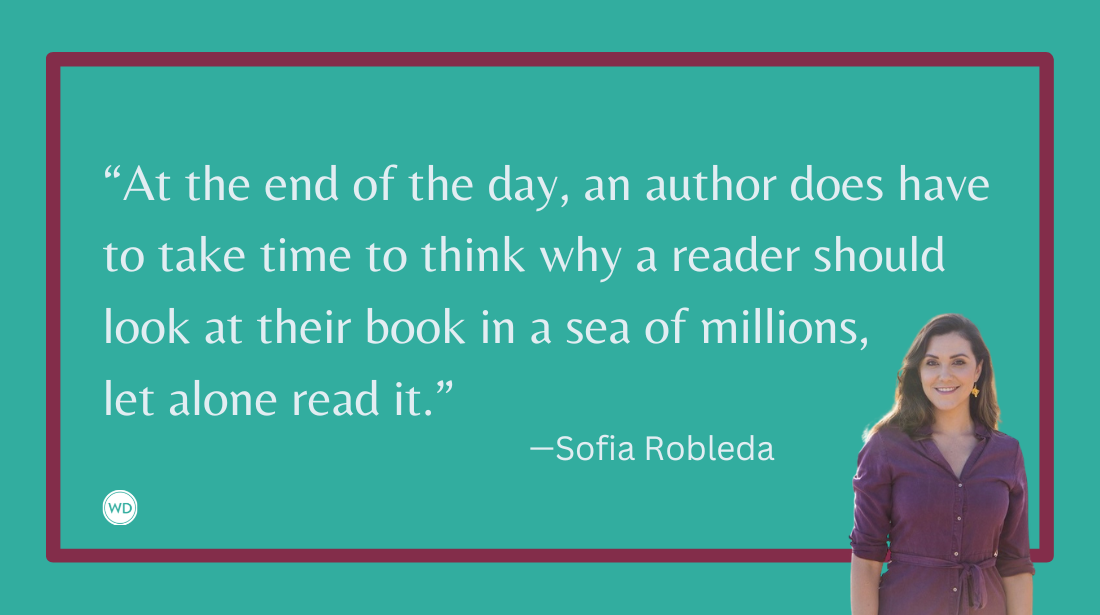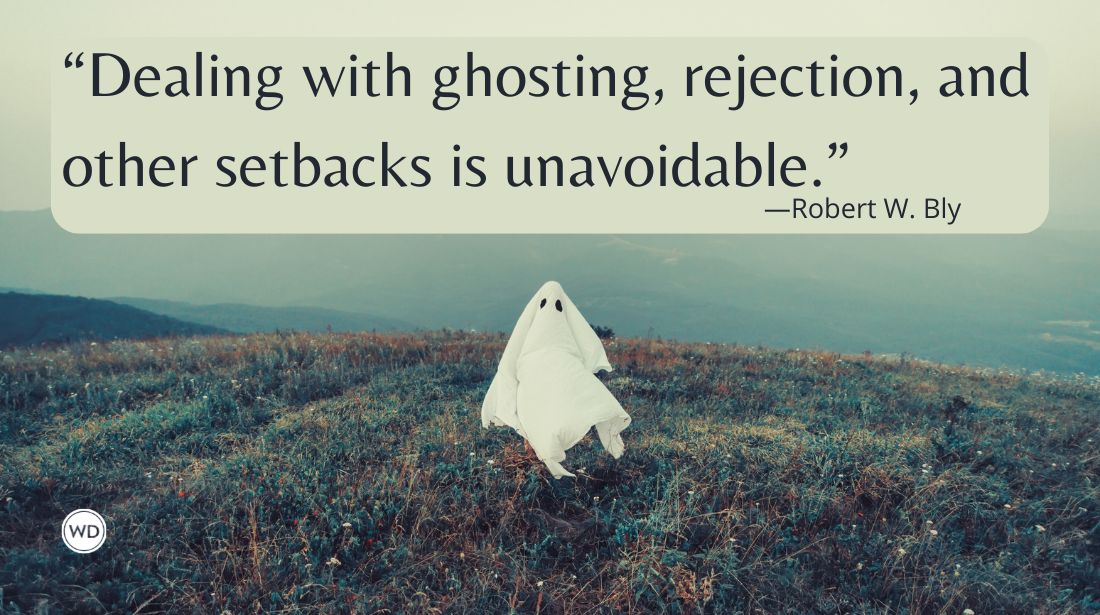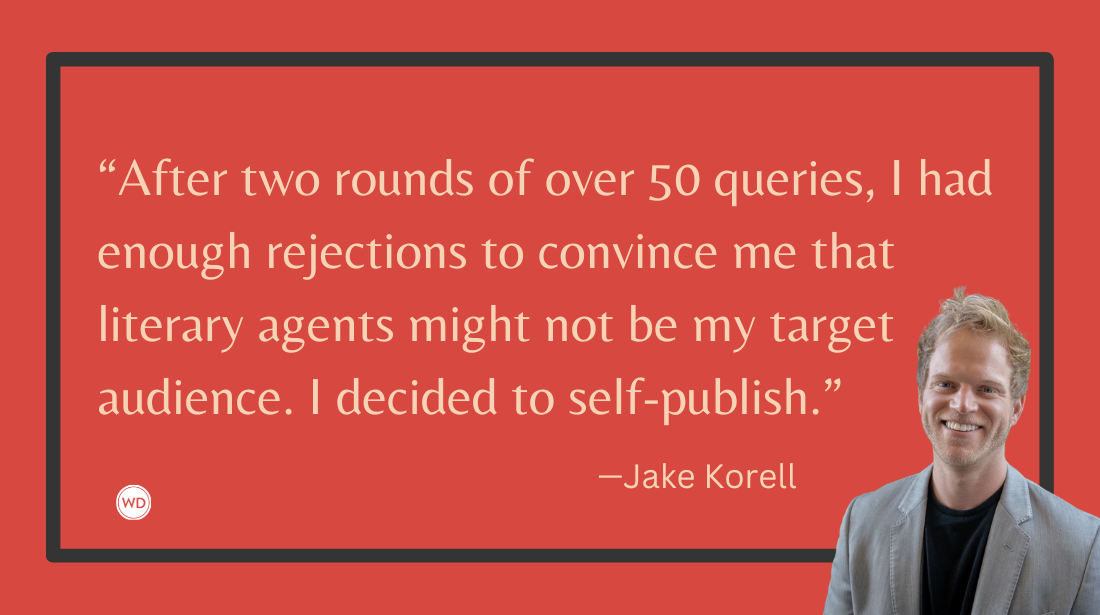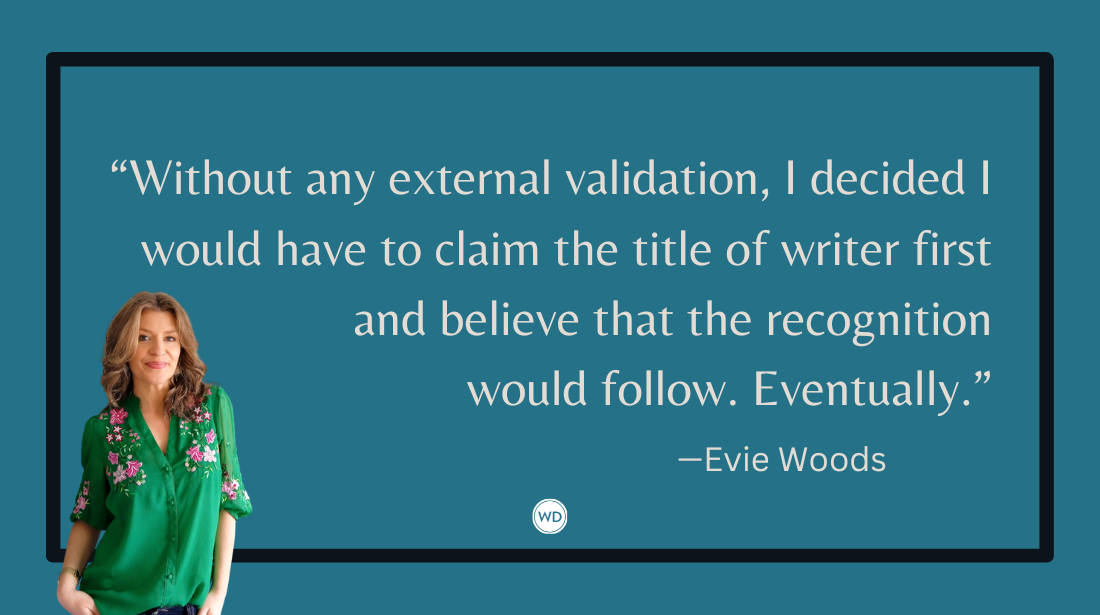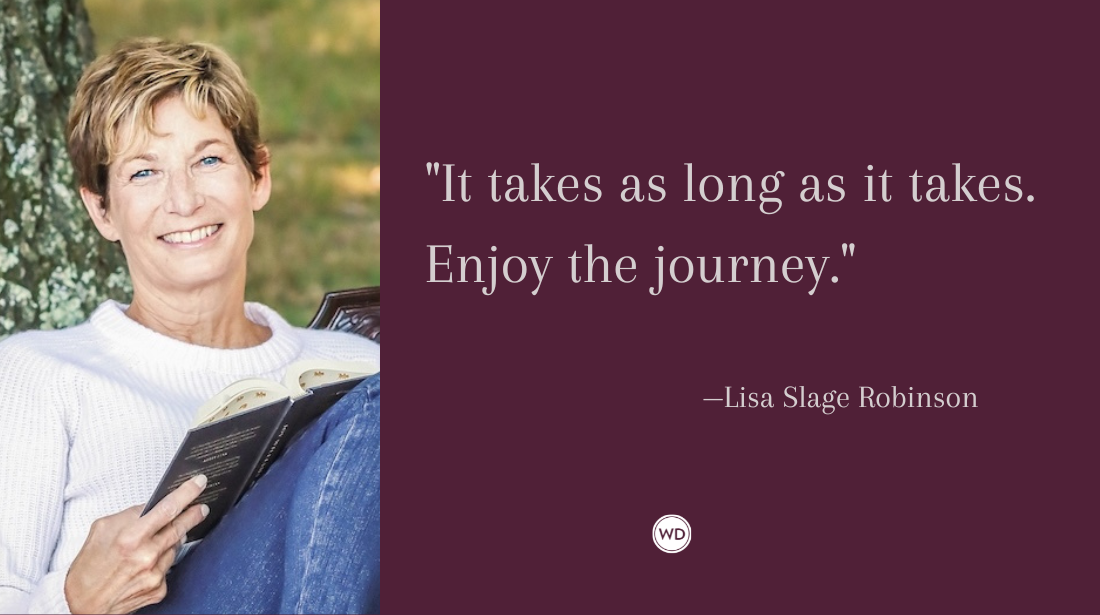Dealing With the Book Critics as an Author
Author (and occasional book critic) Ellen Ruppel Shell shares her thoughts on dealing with negative criticism from the critics—in addition to thoughts on writers and writing in general.
It’s been 15 years—a teenage lifetime—but the memory sticks in my head like a bone in my throat. It was early morning, and I was in my home office scrolling lazily through emails when a strange message suddenly clinked into view. The sender was familiar—a famous name with whom I had no connection—and I assumed it was spam.
Curious, I opened it, expecting a con man’s hustle. What I read was much, much worse. It was a note of condolence from a fellow victim of a book critic who had just crucified us both in the pages of The New York Times.
I leapt from my office chair, ran down three flights of stairs, and threw open my front door where the Times lay on the porch, encased demurely in its blue plastic film like a mummy. I tore the bag open, paged through the arts section, and braced myself for the worst. And the worst arrived.
The critic—someone I actually knew—had written a “double review,” conflating the famous author’s book with mine, and making several errors in the process. Thanks to those errors, the review was snide to the edge of mocking. I was livid, but also helpless. No author would dare publicly challenge a New York Times book critic, nor even attempt to correct them. What was done could not be undone. I woke my husband to share the bad news. I could continue teaching graduate students, no problem. But as for my career as an author, well, frankly, that was over.
Many authors claim not to read their reviews, let alone allow negative reviews to bother them. But as far as I can tell, those claims are not backed up by evidence. The writers I know are haunted by their critics and crushed by every slight. Over the years, I’ve penned quite a few reviews myself, and found that authors bristle at the mildest objection to their work—even objections dripped with an eye dropper into a sea of praise. Like those authors, I, too, tend to miss the light, and see only the dark side. And what I experienced that morning was pretty much a total solar eclipse. I was toast.
Some may say I was overreacting, but those “some” are likely practitioners of a more sensible profession. Writers are plagued by insecurity for good reason: Rejection is built into our daily lives. We’ve all read the stories of hopeful authors submitting book proposals to four-dozen editors, only to be turned down by all but one. What we don’t often read (and prefer not to talk about) is what many of us have experienced—being rejected by all four-dozen editors.
Or having our proposal accepted, only to learn while finishing the book that the acquiring editor has left the publishing house and we have been “orphaned”: assigned to an editor who couldn’t care less about our project. Or—even more common—publishing the book not to bad reviews, but to no reviews at all.
By now, I’m sure you are thinking there must be more to this story. And of course, you are right. After all, the arch of history does bend, and I was lucky enough to have that arch bend toward justice. As it turned out, I had no need to complain to the Times about the inaccuracies in the review of my book, because others did it for me in letters to the editor that resulted in a correction. And the following week, my book Cheap, The High Price of Discount Culture, got a full-page in The New York Times Sunday Book Review that even I had to admit was a rave. That helped heal the wound.
Still, that misleading daily review stuck in my craw—what lessons could I take away from the unhappy experience? Should I be more Zen, less neurotic? Should I learn to accept with grace whatever fate the publishing gods threw my way?
Well, of course I should have, but I didn’t and it’s unlikely I ever will. Writing a book is a nerve-wracking process, one that (in my experience) requires years of lonely toil with no promise of recognition or, for that matter, reward. We authors are authors not despite our self-delusions, but because of them: We are a package deal, and efforts to cast out our neurotic tendencies carry the risk of dislodging the very trait that makes it possible for us to do the work we do: that is, the determination to push forward despite odds so daunting that any sensible person would turn back.
I believe it is that determination—more than any other single factor—that defines us. Without it, we may be happier, better adjusted, and less annoying to our loved ones. But we would not be writers, and that’s a trade-off I for one am unwilling to make.
Check out Ellen Ruppel Shell's Slippery Beast here:
(WD uses affiliate links)
Ellen Ruppel Shell is author of Slippery Beast: A True Crime Natural History, With Eels.





